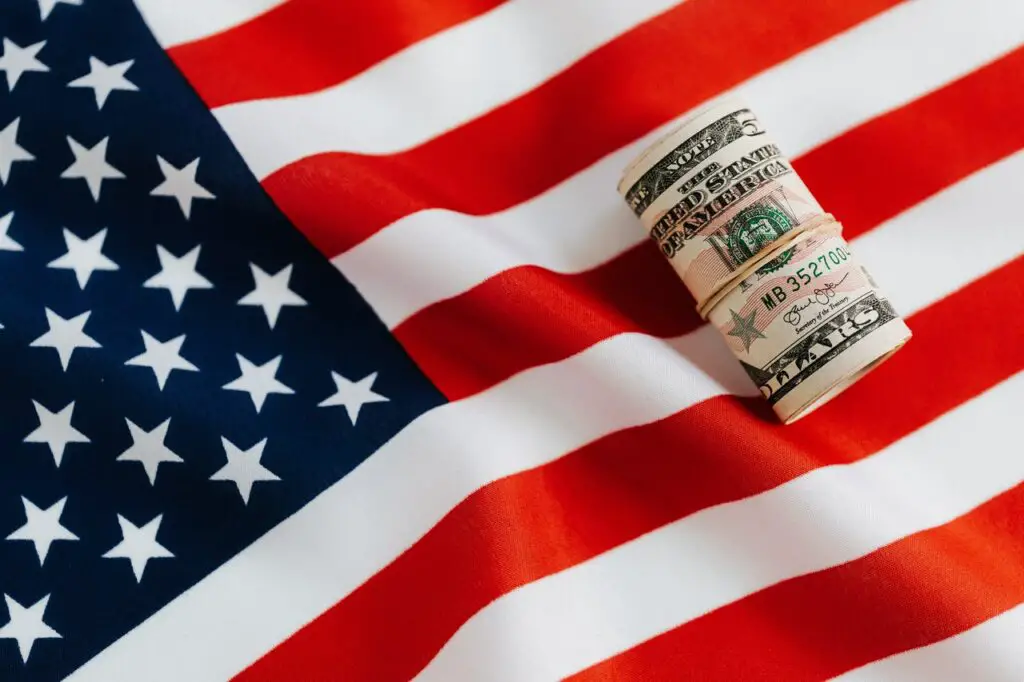Congress passed a stimulus bill on Monday agreeing to spend $900 billion on a coronavirus aid package — including $23 billion for colleges and universities.
The bill also provides $4 billion to governors to spend on education and $1 billion for Native American schools.
To assist students in overcoming the academic, social, and emotional difficulties they have faced during the current crisis, higher education lobbyists had estimated a higher relief package was needed. The current numbers do not meet their expectations.
American Council on Education President Ted Mitchell said the money will provide some relief though it “is wholly inadequate to meet the needs of students and colleges and universities.”
What’s in it for Schools and Students?
The bill allocates $1 billion to medical research as well as bringing about important changes to student financial aid — including simplifying the current Free Application for Federal Student Aid application.
It also increases the maximum federal Pell Grant limit to $6,495 next year, restores Pell Grant eligibility for incarcerated students, and repeals the drug-offense limitation on Pell Grant eligibility.
The proposed expansion in financial aid eligibility is instrumental for low-income students, many of whom struggle to afford post-secondary education.
In a joint statement, House Speaker Nancy Pelosi and Senate Democratic Leader Chuck Schumer said the emergency relief is “the second largest in history only to the CARES Act,” adding “it is an important first step under the new Biden-Harris Administration to meet the needs of the American people during this historic health and economic crisis.”
The current relief package is greater than the $14 billion relief that schools received in the CARES Act but higher education lobbyists are unsatisfied and believe that the package is not enough to cover the financial losses suffered by educational institutions.
Another flaw pointed out by the lobbyists is the absence of student loan forgiveness plans or an interest waiver on student loans.
Ever since the CARES Act became law, educators have been pressuring Washington for more relief. Congress passed the bill late Monday night, which now awaits President Donald Trump’s signature.

